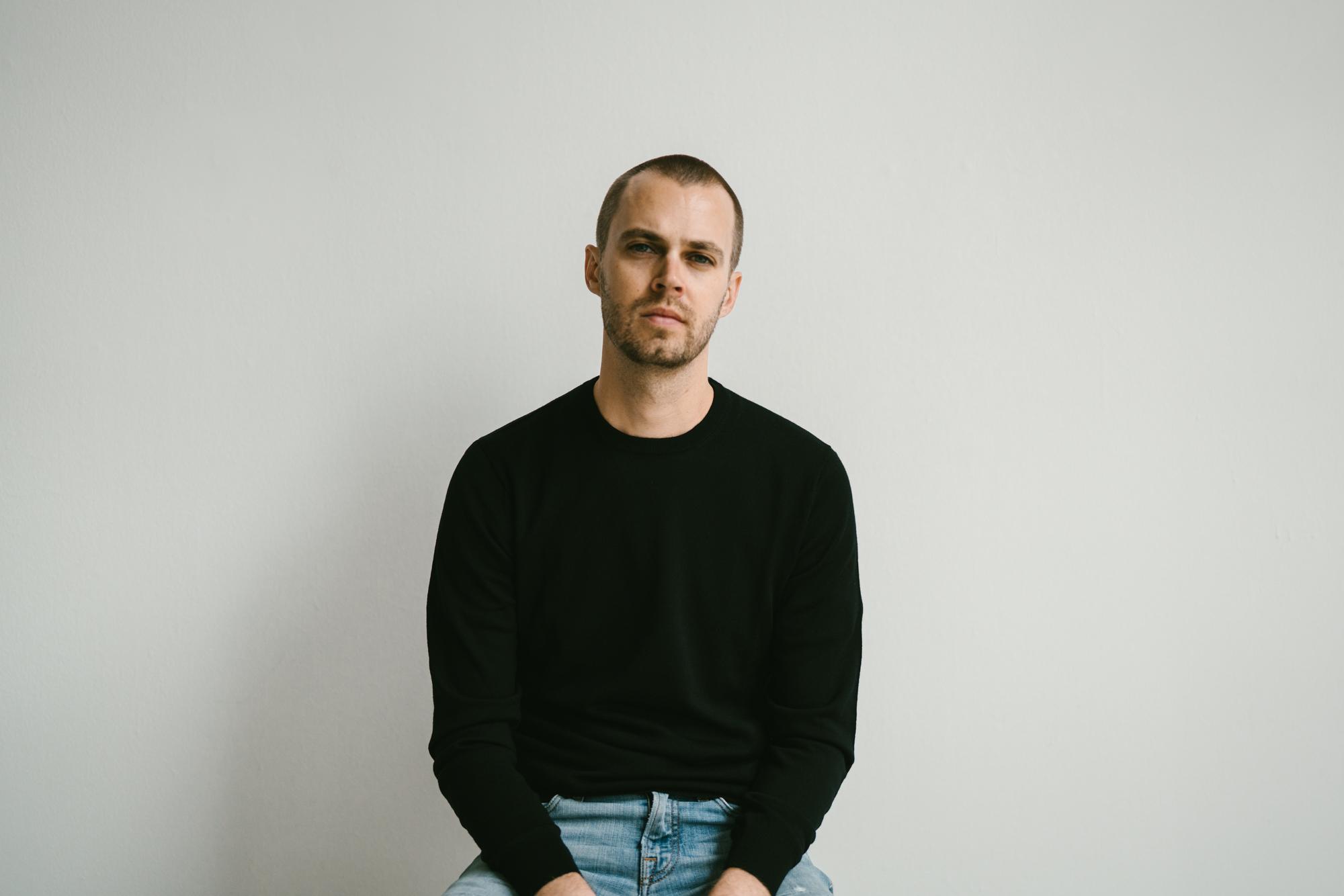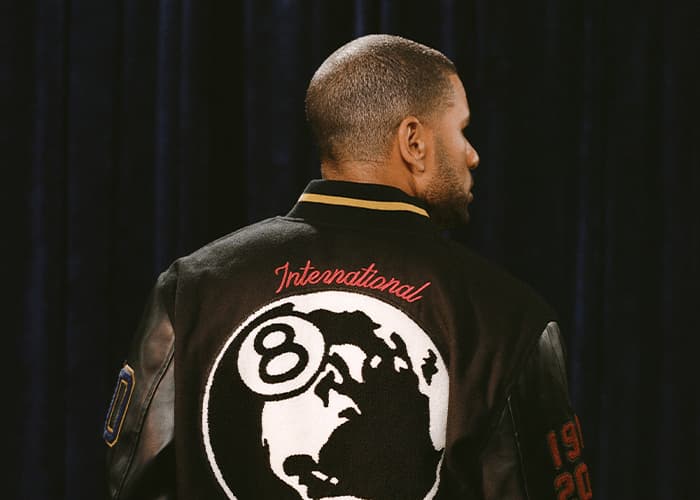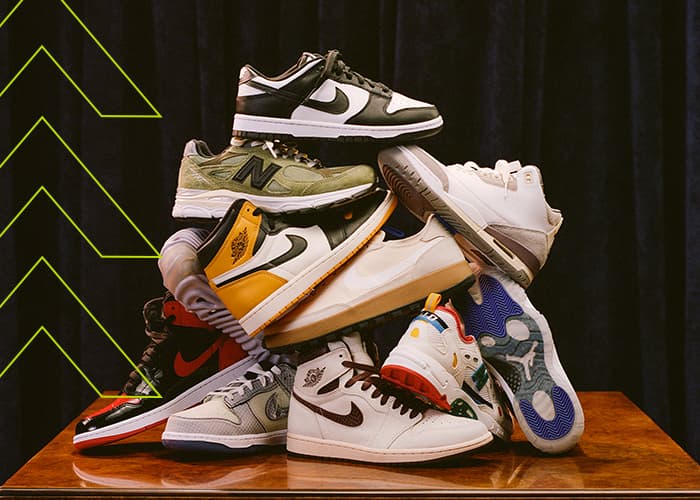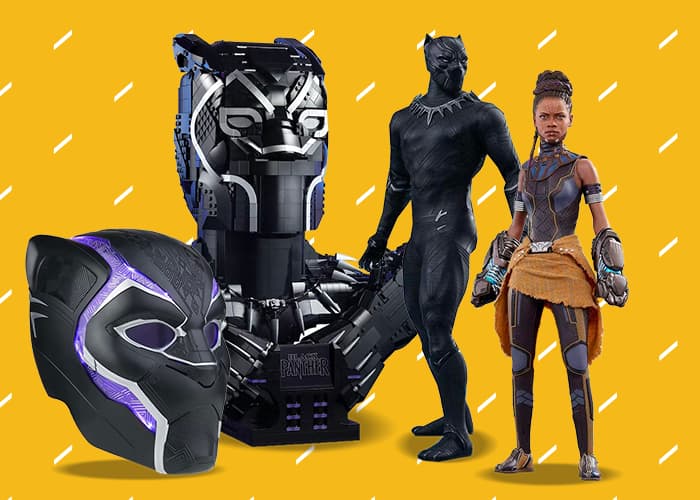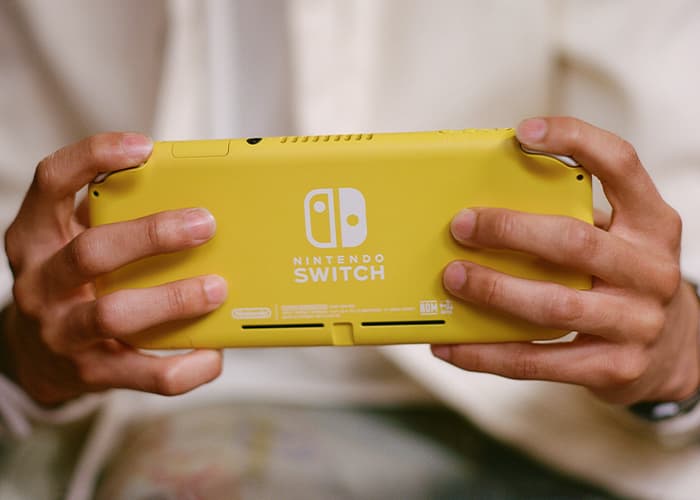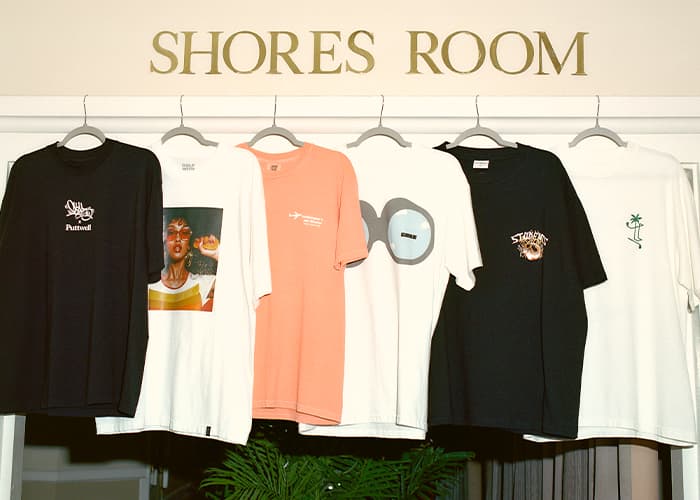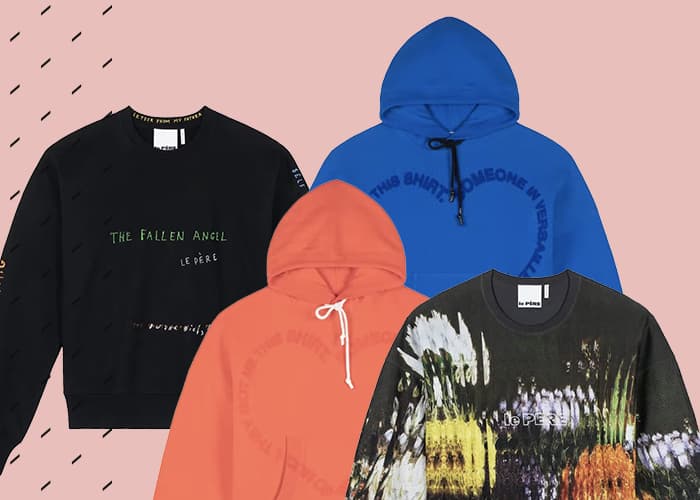Over the last few decades, as the internet has taken off and become the center of our worlds, different generations have experienced the new online reality in very different ways. For some, the internet disrupted the very way that life was lived, while for some others who are younger, the internet is the norm and life without it is a mystery. In between those two is a generation who grew up as the internet was taking shape, as the infrastructure we currently utilize was being built. For Ben Gott, founder of Boxed Water and the popular blog, The Brilliance, growing up as the internet grew was a massive advantage and benefit. A close friend of Virgil Abloh, Ben is widely known as both a cultural tastemaker and serial entrepreneur. Ben also grew up and spent most of his life in the Midwest, and most of what he’s built has stayed in that region, whether that be Chicago or Grand Rapids, Michigan. We sat down with Ben to chat about starting The Brilliance, the advantages of building a business in the Midwest, and how Virgil does what he does. Scroll down to take a look.
Can you give us a Sparknotes version of how you got to where you are now?
I feel like I have to start when I was 13. I’m 37 now. When I was 13, I spent a lot of time at the library, which is what you did before the internet existed. I was super into like two things; anything with space and then computers. I picked up a programming book and learned how to program in QBasic. I was always somewhat artistic and stuff like that and I joke that, if you played with Legos, software development was like having unlimited Legos. You can make anything you could dream of on this computer and it didn’t cost anything. I think that’s fairly profound, if you think about it, because at no other time could you just think of something and imagine it and spend time with it and make it.
Tell us about starting The Brilliance?
So fast forward the internet kicked in around the mid-90s and instead of mowing lawns I would make websites for people, which kind of prompted this weird interface between like the entrepreneurial approach and design. I did some really great stuff with some software firms based in Michigan and then The Brilliance started in 2005. I bring up the programming because the reason The Brilliance looks the way it does is because there wasn’t anything like Tumblr or WordPress. There weren’t really content management systems. So we built it. At the time, it was very much a sense of humor and really honest; we left typos and all that kind of stuff. Chuck (Anderson) and I were just emailing back and forth about things we thought were cool or funny or interesting online and I jokingly called it “The Brilliance”. I don’t think we imagined anyone was really going to dig it. There just weren’t a lot of people blogging. We started around the same time Hypebeast did and I’m pretty good friends with Kevin (Ma) and it’s so interesting that you could just start this thing with the internet. Everyone was going to the Hypebeast office like “we’re in Soho, we’re on 22nd” and we were like, “Oh, we’re not in New York. We’re in Grand Rapids, Michigan.” Like, the perception (that we’re in NY) is entirely dictated by the concept that we are writing this stuff. I just found it incredibly encouraging that anyone could do what we did, for the most part.
View this post on Instagram
You’ve worked on a lot of stuff since then. How did you balance all those different projects?
The Brilliance was the last time I had a normal job with like a payday. That was the beginning of the end for me. I was like “Okay cool, I’m kind of doing this and I want to start a couple of startups”. None of those were hits; they’d spawn up and not go anywhere and that was my 2006 to 2007. Then Boxed Water was 2009 and I think The Brilliance, for better or worse, encouraged me to do a lot of different things, to be a true generalist and then I kind of was like, “Well, I don’t have a normal job anymore, I should apply that to my whole life.” So with my projects, I think I should be a generalist in everything. I think that’s what has made me so interested in like, working on a million things.
You talk a lot about being a generalist- a “jack-of-all-trades but a master of none”. For a while, it seemed like being a specialist was really important, right? But now, it seems like people place more value in having a generalist perspective. Can you speak to that?
I think it’s a really good thing to take on. Not just in your work, but in your life. If you’re interested in cooking, ask if you can shadow a chef for a day. Rarely is there a case where you leave and think “that was a complete waste of time. I wish I didn’t do that.” It’s funny, right? I grew up with the specialist being celebrated: they were the brain surgeons, they were the engineers. I don’t know what happened in the past 10 years but I do think a lot of it has to do with the internet and social media. Because now your mind can just wander to a zillion different topics, where before, you maybe had a subscription to two or three magazines and they kind of aligned with your interest and that was your window into the world. Now with the internet, it’s more like “What are you interested in today?”
So I guess to answer your question, do I wish that I was a specialist? I can feel myself leaning more towards maybe some focus. I think that would be helpful. I might need to take some things with a little bit more caution so they can grow and be what they should be instead of me working on a million things. But maybe it’s just that I continue as a person to be random and work on a million things, but I hire people that are specialists to run things while I sit as a chairman. The reality is, being a specialist, I don’t think I am. So it’s kind of a square peg, circle hole type thing. I just wouldn’t be good at it.
Can you speak to your experience with start-ups and the support you got being a part of a start-up community in the Midwest?
I think one thing about small cities that’s really awesome is that it’s almost like SimCity. There are a few successful people in those cities that usually anchor and patronize things, while in larger cities there are orders of magnitude more successful people and they are kind of in their own orbit. In smaller cities, I found my accessibility to anyone that I thought was interesting or was doing something that I could learn from, I thought it was so much easier to ask them for coffee or grab a drink or something. And from that, it became very easy to raise capital. My first investors were either private equity or angel investors, not venture. I think there are limitations to smaller cities, but again the internet can help that because the internet is accessible to the rest of the world in a non-geographic way. Your physical geography – your city – is small, but your access to the people in that city is so much easier. Venture funds that are fairly small and starting in a second- or third-tier city, are incredible because if you live in that city, you have access. Like you could bump into that person walking on the street or getting coffee. These are not mythical people on Sandhill Road that we never actually get to interact with.
View this post on Instagram
So you build Boxed Water here in the Midwest and you’re sort of becoming popular through The Brilliance, a lot of people in your situation would have likely gone to New York or gone to LA or gone to San Francisco. Why did you stay in the Midwest?
I get asked that question a lot. One thing I’ve found is that whether I was in Grand Rapids or I was in Chicago, I found the community around me both supportive and nurturing to what we were doing and hopefully I was nurturing to what they were doing. I found the community to be great. I got to travel a lot, which I still encourage people to do- it’s pretty much the ultimate luxury. It doesn’t need to be expensive but if you can travel a bunch, where you live doesn’t matter. To answer why I didn’t leave, I just didn’t feel like I needed to. A bunch of people were like, “You should move to New York”, “You’ve started such an interesting company, it feels so New York”. But like, it didn’t start in New York. There’s almost an irony to that, like, I didn’t need to be in New York to start it. Do I think that if I’d started it in New York it would’ve been bigger? I’ve played through that in my head but I’m not sure.
Playing off of this LA/New York idea…If I Google “Benjamin Edgar Gott”, something you’ll see a lot of is the phrase “good taste”. For a long time, coming from the Midwest, you always heard that good taste was dictated by two places: LA and New York. But these days, it seems like more and more arbiters of taste are coming out of the Midwest. Why do you think that is?
Well, it’s not just the Midwest, but also these other little areas like Montreal or Austin, Texas. The funny reality that not a lot of these articles are bringing up is that all of these people from New York and LA, a lot of them are coming from the Midwest! It’s shocking. I still had my Michigan ID and people ask about that and they’re like “I know someone in Kalamazoo (Michigan)”. I think we export a lot of people and I think the reality is that one: taste is somewhat universal now or the accessibility to taste is somewhat universal. People are developing it faster and earlier. Virgil will make comments about how now everyone who has an iPhone are all expressing by photography. That just wasn’t the case before. So it’s like all of the sudden, things have been so democratized now.
Do you think it’s necessary today to reside and build your career on one of those coasts or do you think there’s a competitive advantage of being a creative or an entrepreneur or both and staying in the Midwest?
I’m cautious on this one because I get asked this question a lot. It’s like, if you want to be an actor, you’re going to need to go to LA. If you want to get into high finance, you should probably go to New York for at least a period of time. Other industries, like architecture, design, and things like that, I don’t think it’s required. One of my absolute favorite design agencies is based in Salt Lake City and they’re determining the taste of so many people’s favorite brands right now.
I think there are competitive advantages from a cost-of-living standpoint. These kids are spending 70% of their income on rent in San Francisco, LA, and New York, and that’s sustainable for a period of time but not long-term. Long-term, it has detrimental effects for you to be able to start something on the side. Cost of living thing is one that might be a boring reason to stay somewhere but I also think that you should just find out what you personally like. Don’t go to the place where you’re so pulled by what people tell you to do. Find yourself and find your niche and the way you like to live is where you’re going to create the best work.
View this post on Instagram
Let me ask about Virgil. Do you think that Virgil coming from Chicago, outside of these major cities, played into the way that he works and how he brings a new point of view?
A lot of people ask me “how does he travel so much?” or “how does he do what he does?” You know, he and I talk maybe once a week or something, but the way I answer is like; you can work out and get stronger or you can design more and become a better designer. And that’s critical, to condition yourself and things like that. But there are some people who have a true God-given talent. I don’t think anyone ever asked Michael Jordan, “how are you able to play like that?” We just knew that he was the best. When you look at Virgil, he is the best at what he does. He is an anomaly. He has a family, he has a community, and he has a personal drive to nurture that and what you’re seeing is the result. He was also just working harder than everyone else and that combined with being from the second or third city, in Chicago, where you had to find everything from the outside coming in by magazines and the internet, you had a lot of time to digest ideas in your own mind and create your own reality. Like you had to make your own life interesting instead of being able to take a front row seat to it like in New York or LA. I think we’re seeing it with Virgil, nothing he makes looks like anything you’ve ever seen. The shoes alone- I don’t think anyone could have ever anticipated the true deconstruction of classics and them being so wearable at the same time. I think the coolest thing about Virgil and my biggest thing is that he did it in front of everyone so everyone could see it happening, and then he gave us all the blueprint on how to do it. Go listen to his talks on Youtube and at Harvard: that’s what it’s like to have dinner with him, no different. He’s taken the western sensibility of being secluded from things and needing to create your own world and then done it at scale. The crazy part is he’s just getting started.
We have a question about Th-oughts. The point is that it allows people to be decentralized but still connected. How do you see Th-oughts, as you move forward, bridging the gap further? What is the future of Th-oughts?
When we started it was an experiment. This goes back to my comment about focus. It was an experiment to see if people will use this idea and it turns out people do. As you can imagine, revenue is fairly small on this project but I put very little on the metric of revenue in terms of determining its value. I value it by what people have gotten out of their answers. What I’ve learned is that it might be a little too focused, a little too close so we’re working on developing a little more content around it. We’re developing a podcast series and some other stuff and without going into too much detail, we’ll be going on the road and we’re going to manifest in a physical way. It kind of goes against our original reason of “it’s the internet” but we need to make this thing a little more human.
View this post on Instagram
Do you think The Brilliance could have happened in 2019, with the way the internet and Twitter and Instagram have changed everything?
I’m not a particularly nostalgic person but that era of the internet was extremely fun. There was an article that was written about how we’ve forgotten how to waste time on the internet. Which is obviously insane. We still waste time on the internet, but we’re doing it through like three channels; Instagram, Twitter, and Facebook. I don’t know how to describe the early internet to people, it was like wandering around basically. Indexing and metadata were not to the point where Google could do what they do now so you were kind of bouncing around. It was highly inefficient but it was really fun. We’ve kind of talked about bringing it back. I don’t know if it’s going to come back the same way. I do see, especially with my younger friends, there seems to be a slight fatiguing around social media. It’s just that they’ve grown up with it so it’s not that interesting to them, they’re not getting that same dopamine hit that the older generation is. The kids always win, right? So however a sixteen year old is using the internet is highly indicative of how things will go in the future.
What is something happening right now that you see as influencing the future?
I would say Virgil, but I tend to gravitate toward people more than things. 10 years ago, I’d say Steve Jobs or something. It’s pretty hard to ignore, even with all of his eccentricity, what Elon Musk is doing. He’s taking extreme personal risks to start these companies that jumpstart reduction of cost to get into space and making space civilization, Tesla, SolarCity, the tunnel thing. I’d love it if we had like a hundred thousand Elon Musks. I really really hope he stays around and doesn’t work himself to death because he’s got some really cool stuff he’s going to set up and a lot of other people will follow.


